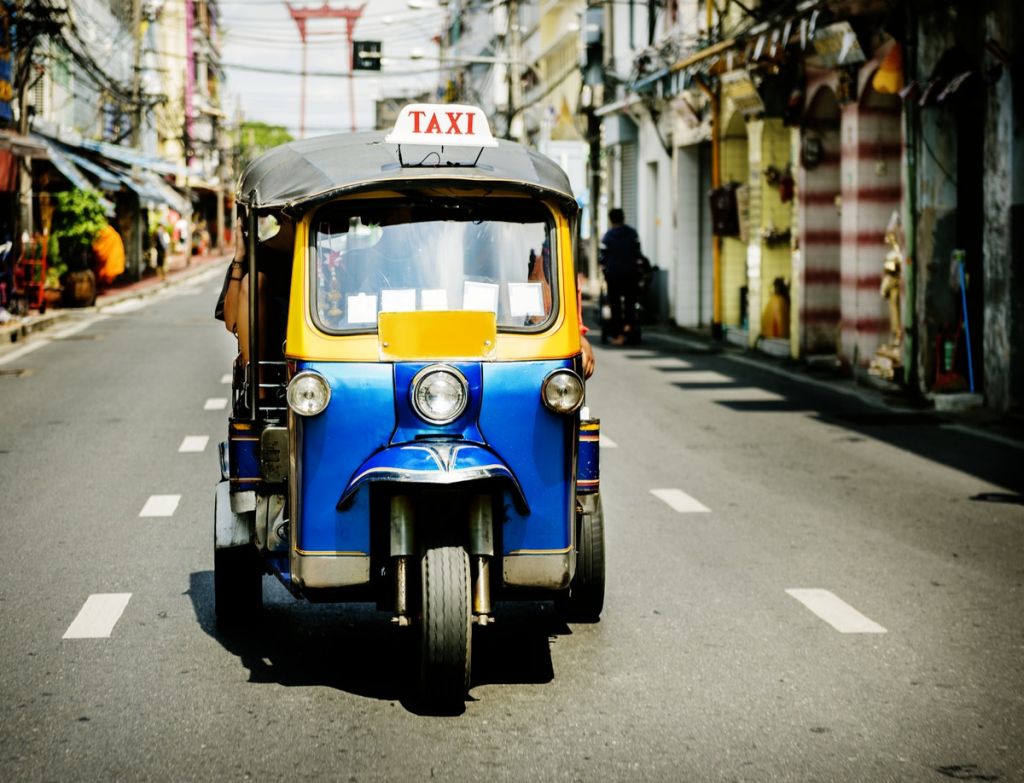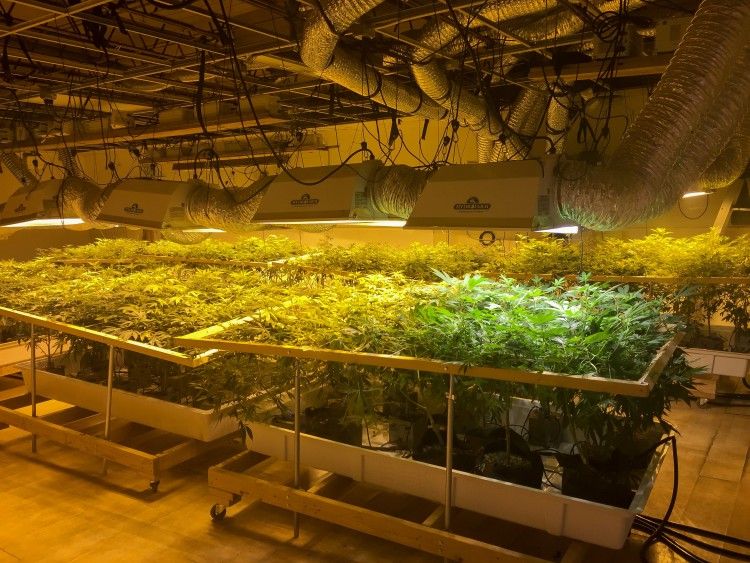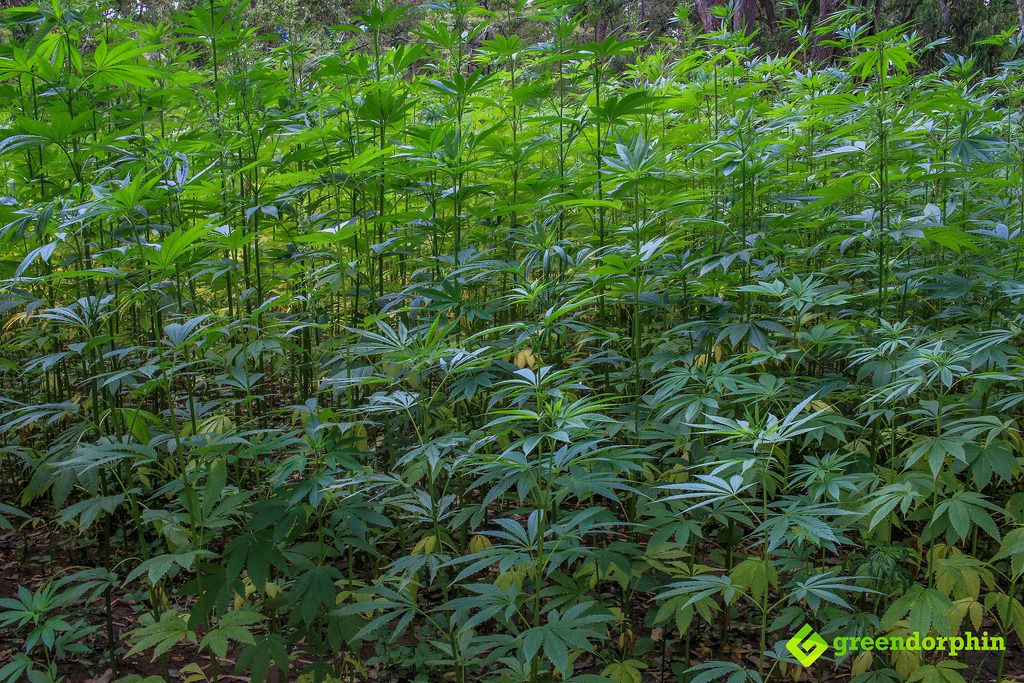Cannabis activists in Thailand and across Asia are excited by the news that the government plans to set up a facility and grow cannabis for the first time in Thailand soon. The planned farm will be possibly located in the northeastern part of the country.

Rattapon Sanrak, founder of a group that advocates for the legalization of cannabis said that with the help of the local officials, the plan to build a plantation in the province of Sakon Nakhon was just the first of the many good things that could happen for marijuana in the country.
Sanrak, also heads the group called Highland. They think that the plan will definitely help build a positive image of the country.
Highland also believes that aside from the image, it will alleviate the pain of cannabis patients in Thailand and if this can be distributed to farmers rather than to corporations who can monopolize the operations, it will help them generate more income.
News regarding a possible development of a five thousand rai or roughly eight hundred hectares facility came months after the enforcement agency confirmed the proposal to decriminalize cannabis for medicinal use although health officials said they had not heard about the plans yet.
A time frame was not provided on when the plantation will be operational.
The farming cooperative chairman Prapat Panyachartraksa told the media that the crops will only be harvested for medical research, and added that he was notified of the plan by the Narcotics Control Board’s, the agency responsible for enforcing drug laws.
Rattapon said it is unlikely that marijuana could be bought over-the-counter like in many states in the US where it is legal.
THC is a therapeutic component of marijuana that gets people high- but other compounds aren’t psychoactive, such as cannabidiol, or CBD, which is used in treating seizure attacks and even for cancer treatment.
Any non-licensing cultivation, use or sale of marijuana remains illegal, though, in October, officials from the anti-drug agency said that they plan to advance to a partial decriminalization of cannabis for medical use.
Director of the Control of Narcotics Control, Sirinya Sitdhichai was not immediately available for comment on this matter.
But the ministry of public health, the department which will be responsible for facilitating studies using marijuana extracts said that they just heard about the planned plantation in Sakon Nakhon from the media.
The agency’s spokeswoman, Sirima Teerasak, said that they never spoke about it. She added that the ministry only works on decriminalization of hemp. But there is no information about marijuana.
She said the Food and Drug Administration would have a news conference about the matter soon.
Thailand Approves Hemp Cultivation as Part of Drug Reform
Bangkok Post reported that the Thai cabinet approved the hemp development for medicinal purposes under the plan of the Office of Narcotics Control Board. Fifteen districts from the northern provinces of Nan, Tak, Mae Hong Son, Chiang Mai, Phetchabun, and Chiang Rai will be authorized for hemp production.

Siriya Sitdhichai, Secretary-General of Narcotics Control said that species of plants should not contain more than 1 percent THC and growers caught cultivating illegal plants can face prosecution. In addition to industrial use, the hemp grown in the country is available to licensed cigar factories.
This action of the organization is only a fraction of the wider agency reform program that seeks to identify the effectiveness of medical marijuana, kratom, and methamphetamine.
The secretary general of Narcotics Control said that they will conduct a research project to conclude whether kratom, which is only found in Thailand, could be categorized as an herbal alternative that can be cultivated at home. This herbal drug is known to Thai farmers and workers. They traditionally chew this seeking alleviation from pain relief or as a source for an energy boost.
Research will also be conducted on cannabis. Justice Secretary Charnchao Chaiyanukij said they required it because of the increasing hazards of synthesized products marketed as marijuana. Furthermore, the Narcotics’ Control Board transferred methamphetamine from a Narcotic Type 1 to Type 2 to allow research on medical medicine efficacy.
Share your views in the comments section below.
- How Commercial Cannabis Growers Can Benefit from Using a Software - May 17, 2019
- Understanding CBD Interactions and Why CBD and Your Brain Can Be Best Friends - January 4, 2019
- The Difference Between Using THC and CBD - December 19, 2018


